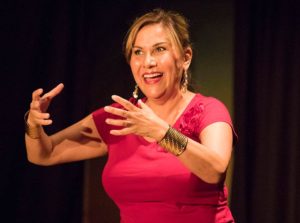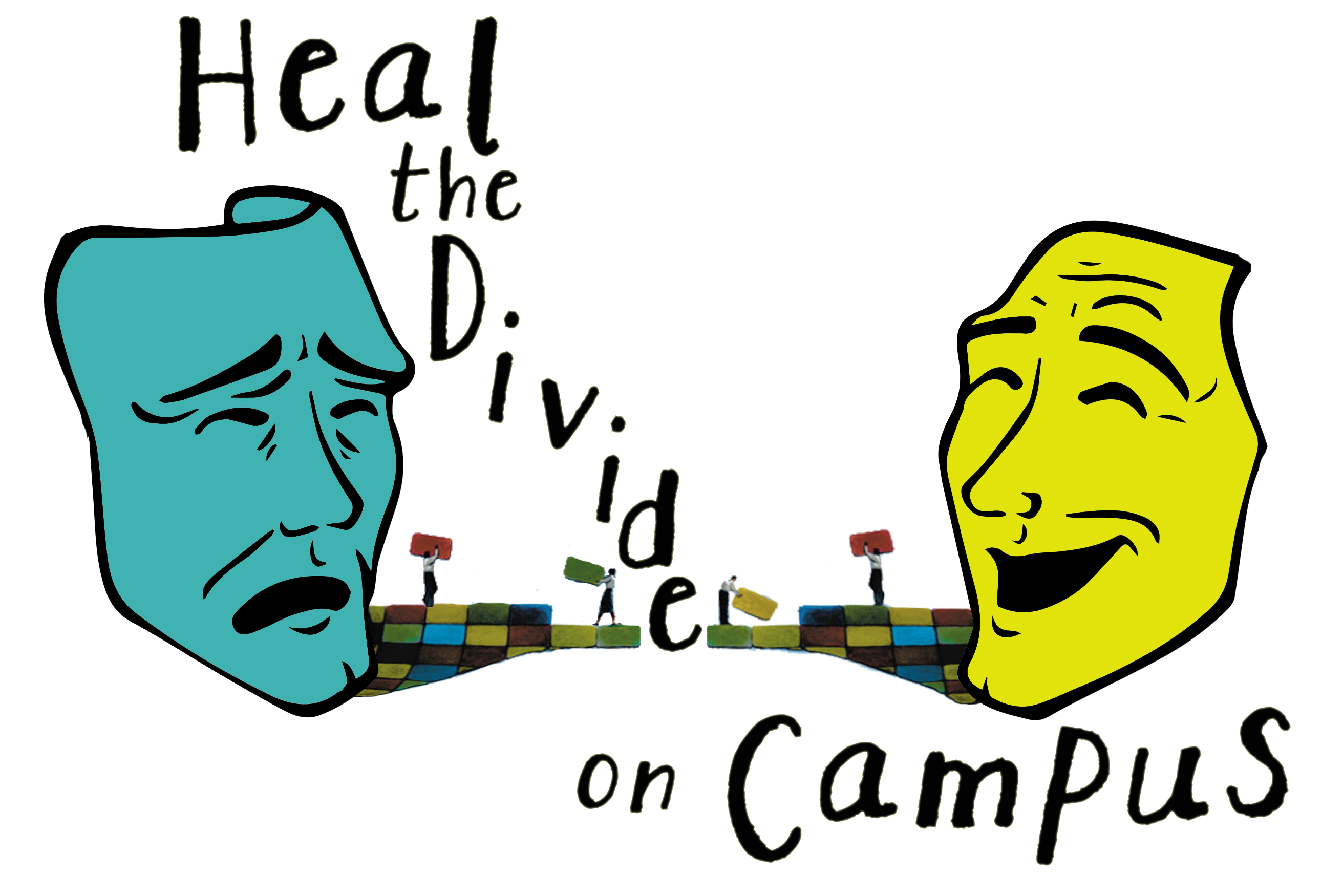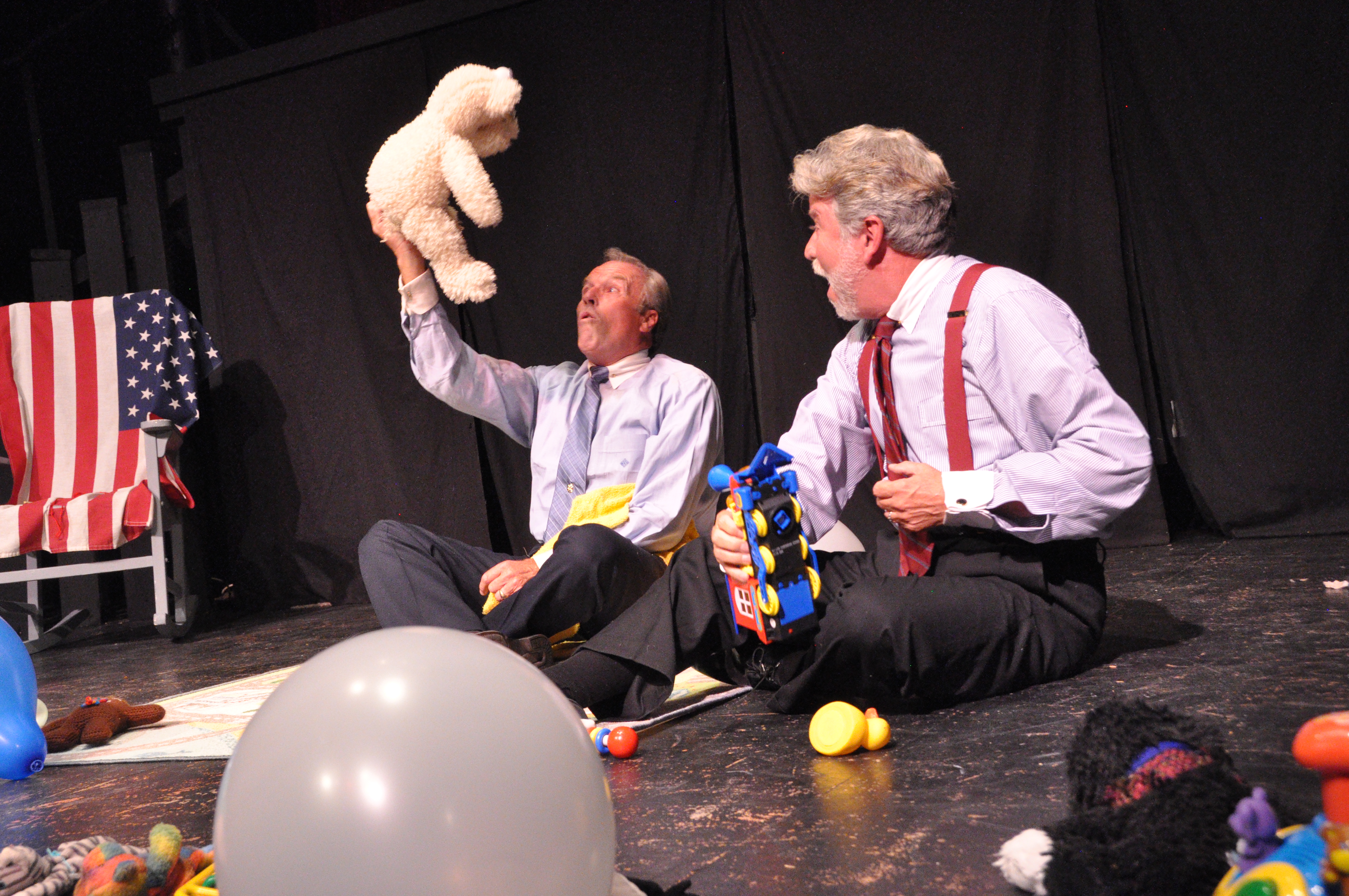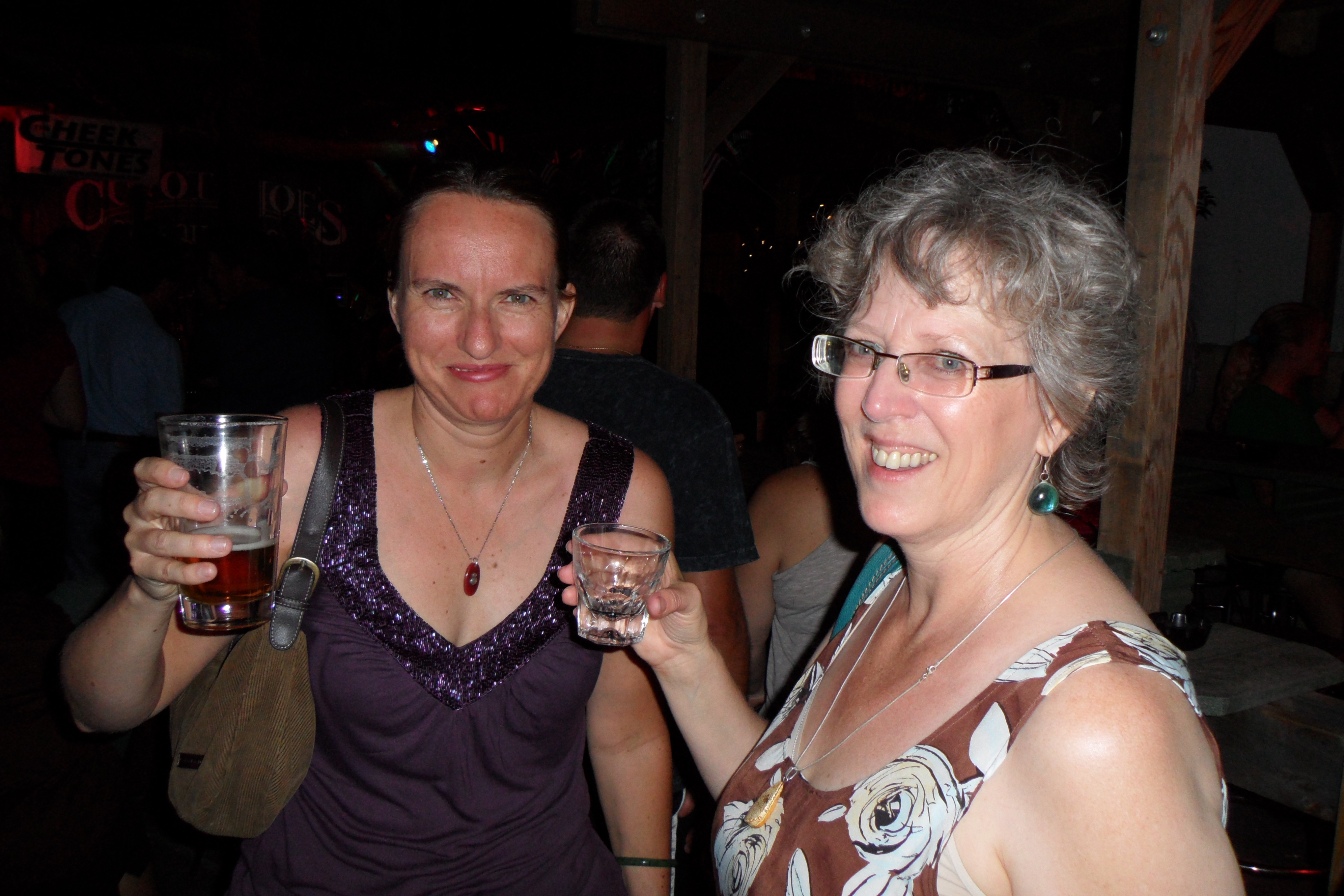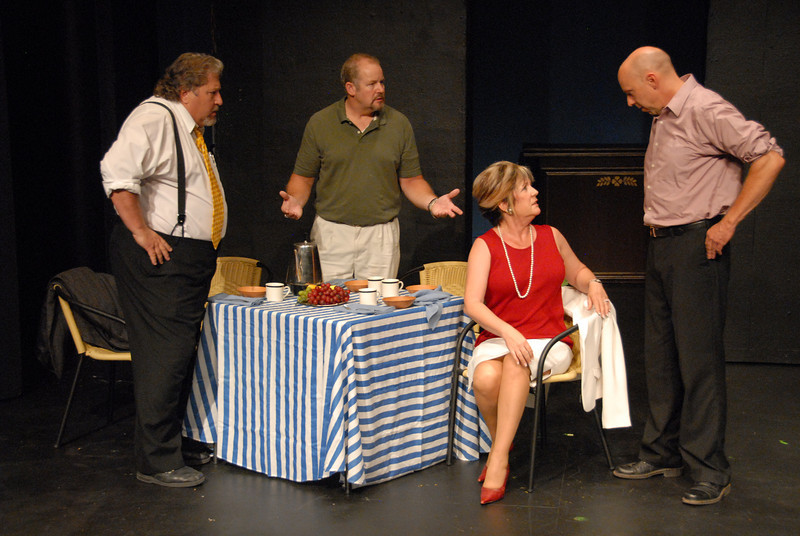Don’t miss Denise’s play, The Beginner’s Guide to Gardening, in our Planting the Seed Festival in Prescott, Jan 2nd and 3rd!
Tickets available HERE.
Bookmark our Blog or follow us on Facebook!
One of the things that we really like doing with our festivals is including monologues and short scenelets between pieces. It helps with flow, the audience gets to enjoy more work, and the pieces take place in front of the curtain while we set up for the next play. While we didn’t get enough scenelets this year to include them, we did get a couple of really enjoyable monologues.
Denise St. Pierre’s monologue, The Beginner’s Guide to Gardening, captured our imaginations right away, and we can’t wait to see Los Angeles actress Emma Fassler perform it this Sunday! Till then, enjoy our interview with the fabulous Ms. St. Pierre!
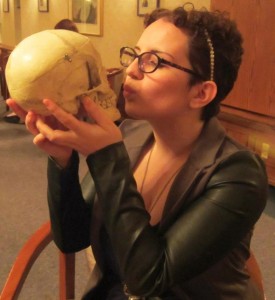 LBDI: Why did you decide to submit your work to the ONSTAGE Project?
LBDI: Why did you decide to submit your work to the ONSTAGE Project?
Denise: I was no longer content with letting my work sit untouched, unread, and unseen in the dark recesses of my computer — it is no better there than it is unwritten. The theme piqued my interest in that it forced me to commit thoughts I’d long wrestled with to (virtual) paper, to see if I could fashion myself a stance instead of staying precariously divided. The prospect of being aligned with a host of inspiring female playwrights certainly didn’t put a damper on my enthusiasm for the project either.
LBDI: Describe your writing space…
Denise: My writing space is wherever I have an idea and an implement. On a good day, it’s at my desk on my computer. On an even better day, it’s wherever I am on whatever I can write with.
LBDI: If you could be any cartoon character for just 24 hours, who would you be?
Denise: Anya from “Anastasia,” because she doesn’t take shit from anybody, and isn’t afraid of both saving others and being saved. I’d gladly supplant her post-film dramatics, since that’s when she gets to elope with the dreamy Dmitri. (What can I say? I’ve got a thing for John Cusack.)
LBDI: What was your first play titled/about?
Denise: My very first play was a woefully misguided “two-hander” with an omniscient narrator who commented on the action of two young folks (named Cary Grant and Sloane) falling in love, and it will never see the light of day. It was called “Tilting at Windmills,” was embarrassingly derivative, and ended with an Elvis song (which says everything you need to know, really.) I’ve recycled bits and pieces of it in new projects, but the play itself is textbook overwriting. I’d like to call my second play, “Bette Davis Eyes,” my first real stab at the craft, but alas, that would be evading the toughest of truths: that the first go at anything is usually an unmitigated disaster.
LBDI: Which playwrights do you admire and what about them inspires you?
Denise: I’ve left the theatre agape after seeing the works of Tom Stoppard and Tony Kushner — both are so infuriatingly witty and brilliant — which simultaneously gave me hope in the prospect of life as a playwright, and crippling doubt that I would never reach the heights of these modern masters. Sarah Kane was the first playwright I read who took the form to another level, and who pushed the boundaries of what you’re even allowed to show onstage (and while I have also written a play that began with onstage masturbation, I don’t think I’ll ever craft a finale as stunning as a vulture descending to devour a corpse.) I recently started reading Neil LaBute, and I truly admire his keen ear for dialogue that is both realistic and engaging — nothing rings false in his work.
LBDI: Why do you write for theatre? (as opposed to other written mediums…)
Denise: We are words, and playwriting is the only medium I’ve tried that has the potential to capture both the impassioned frenzy and the careful curation of human dialogue. Having spent a good part of my life rehearsing conversations in my head and then blurting out nonsense in the moment, I’m always keen to translate this oddity into art. That being said, there is the unique euphoria of sitting in a dark theatre and listening to my words in an actor’s mouth — it’s a brand of excitement that you just can’t replicate. There’s also an intense beauty the collaborative refashioning of a play in the hands of a gifted creative team — when a director effortlessly communicates the subtext of a scene, or an actor redefines your vision of a character with a single twitch of his hand. Theatre is full of loaded moments, and I’m happy just to be a cog in the glorious machine that realizes them.
LBDI: What is your spirit animal?
Denise: Tina Belcher.
LBDI: Paper or Plastic?
Denise: “I just want to say one word to you. Just one word.”
Denise St. Pierre‘s first short play, “Bette Davis Eyes,” premiered at the Bishop’s University New Plays Festival in 2012, and will be revived at the Toronto International Fringe Festival in 2014. Her second short play, “Sehnsucht,” premiered at the New Plays Festival the following year and is currently licensed by YesPlays.com. Denise, a born and bred Canadian, graduated from Bishop’s University in 2013, where she studied under noted Canadian-American playwright George Rideout and served a term as the editor of The Mitre, North America’s longest-running literary journal. She spent the first third of 2014 interning at a literary agency in New York City and will be attending Simon Fraser University in the fall to pursue her Master’s in Publishing.
The Planting the Seed Festival runs this week for 3 performances only
at the First Congregational Church Theater in Prescott.
Showtimes – Jan 2nd @ 7:30, and Jan 3rd @ 2:30 & 7:30.
Tickets just $14 online or at the door!


